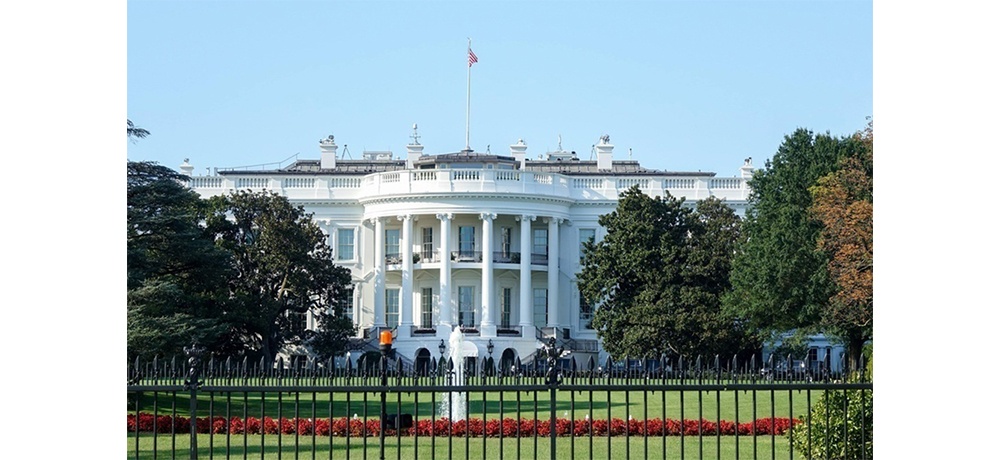
EB-5 Regional Center Program Reauthorization Bill Passes Congress and Set to be Signed Into Law by President Biden
Categories: Attorneys , Business Immigration , Business Law , Citizenship , Commercial Litigation , Commercial Transactions , Corporate Law , Green Cards , Immigration Law , International Law , Investment Visas , Law Firm , Lawyers , Legal Services , Real Estate , Software Agreements , Technology Law , Trusts And Estates
U.S. Congress has passed the Omnibus legislation to fund the federal government through September 30, 2022, and it includes the long-awaited reauthorization of the EB-5 Regional Center Program, which has lapsed since June 30, 2021.
Once it goes to President Biden’s desk for signature and he is expected to sign it, the reauthorized EB-5 Regional Center Program will contain some interesting changes to it.
Some interesting features of this newly authorized EB-5 Regional Center Program will include the following:
- The EB-5 Regional Center program will be reauthorized through September 30, 2027.
If Congress does not reauthorize the Regional Center program beyond September 20, 2027, then the USCIS may continue to process cases received on or before September 30, 2026; - The legislation includes ‘grandfathering’ for all investors who have an I-526 on file, or who file or have filed their I-526 petitions prior to September 30, 2026. Those investors will be able to complete the EB-5 process, even if the regional center program were to lapse again.
- The investment amounts will increase to:
- $800,000.00 for a targeted employment area (TEA) investment and
- $1,050,000.00 for a non-TEA investment
These new dollar amounts will be effective immediately upon passage of the bill and will also apply to “direct” non-Regional Center investments. But note that the regional center program won’t be officially reauthorized for 60 days, and during that time, regional centers and regional center investors will not be able to file new petitions with the USCIS;
The minimum investment amount will be automatically adjusted for inflation every fifth year beginning on January 1, 2027, for the higher dollar amount, and the lower amount will be calculated at 75% of the higher amount.
- TEAs will be defined in three ways:
- a rural area;
- a distressed urban area project; and
- infrastructure projects;
- Only the Department of Homeland Security can designate a TEA, which will be valid for 2 years. This means the individual states will not be designating TEAs.
- There will be special visa number set-asides for rural areas and high unemployment area TEAs;
- Job creation via an economic model will change, with new requirements for “direct” jobs;
- Concurrent filing of Form I-485 will become available for those applicants that would have a visa number immediately available upon approval of the I-526 Petition and who are presently in the U.S.;
- Redeployment may occur anywhere in the United States, not just within the Regional Center area; and
- There are a number of important Regional Center reforms affecting the ongoing operations of Regional Centers and their owners, which would reform the site visit process as well as the annual compliance process on Form I-924A.
Once signed into law, the USCIS will also resume the processing of I-526 petitions and I-485 applications that have been held in limbo since June 30, 2021. This also means the National Visa Center will also start to resume processing immigrant visa applications for investors who have approved Regional I-526 petitions.
Please note that even after this EB-5 regional center reauthorization program becomes law, there will still be the need for the USCIS to publish relevant regulations in order to implement the rule changes. As relevant new rules come into effect for this program, we will provide updates and clarifications as well.
Therefore, we do recommend readers check back on this site regularly on any progress and updates impacting this program. Should you have any specific questions regarding your specific matter, we also suggest you contact our office to schedule a consultation, and then we can discuss your matter in more detail